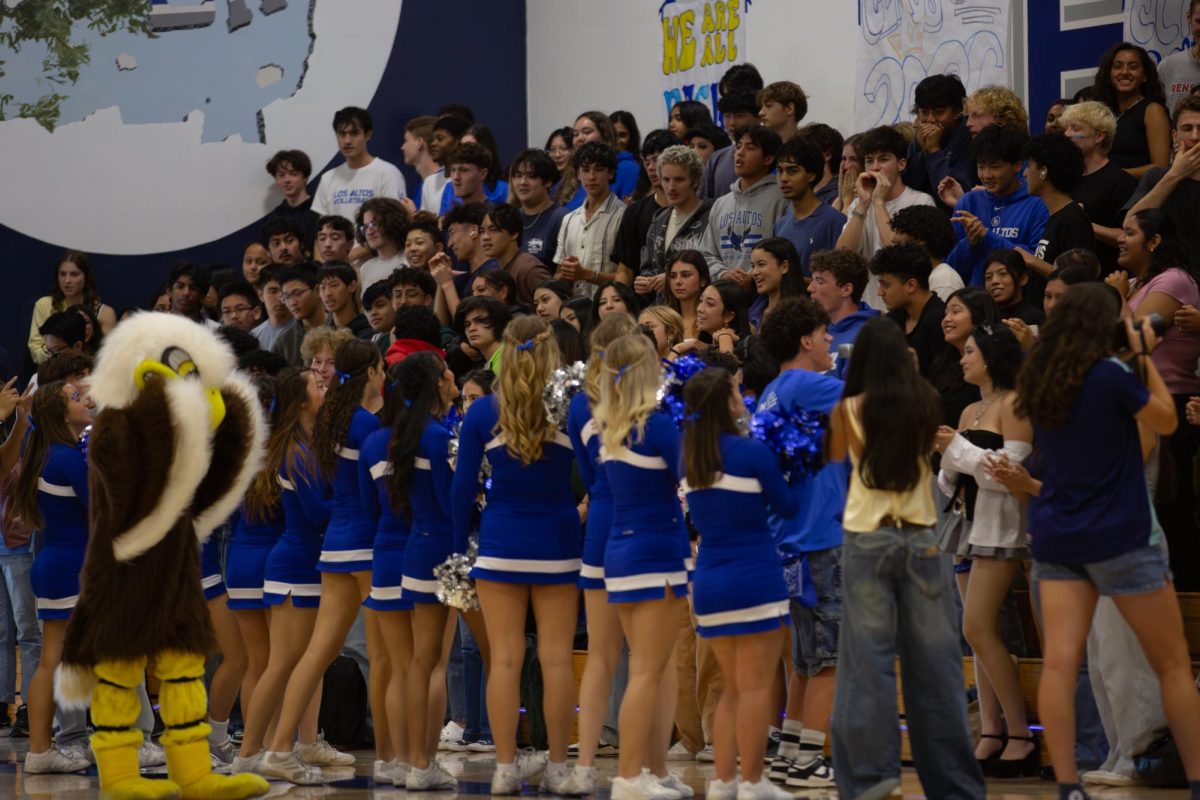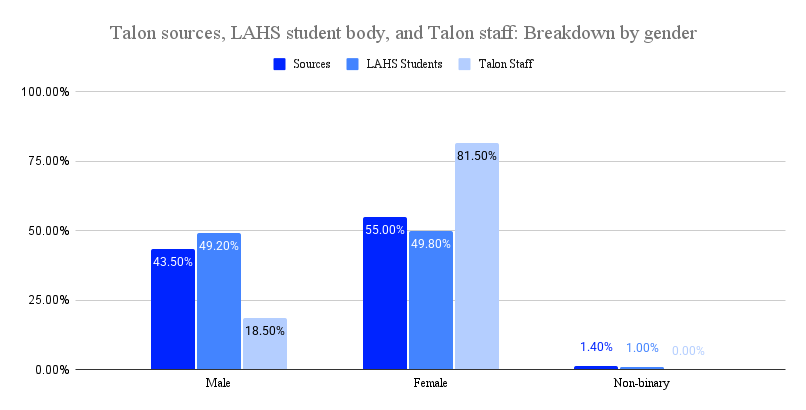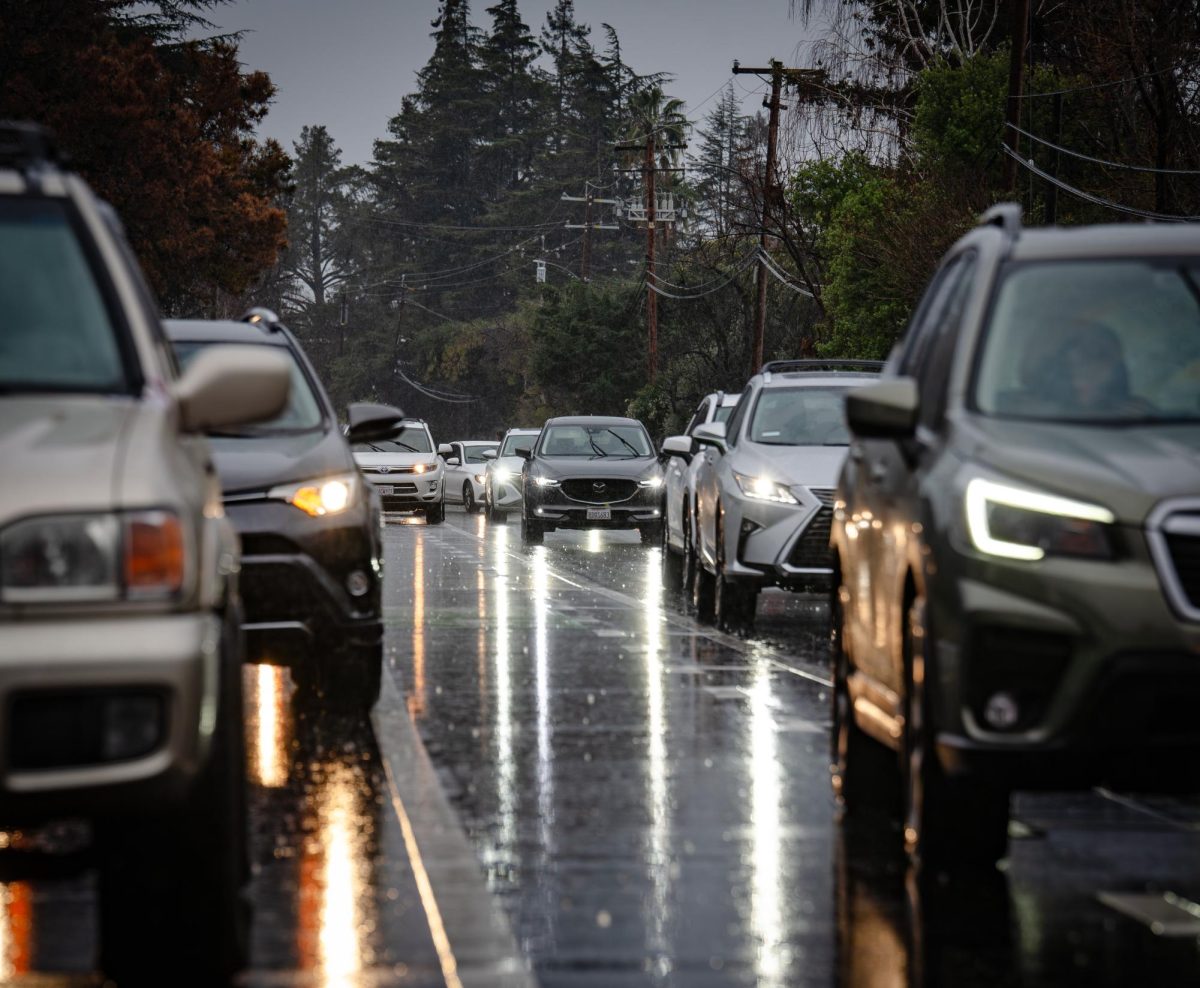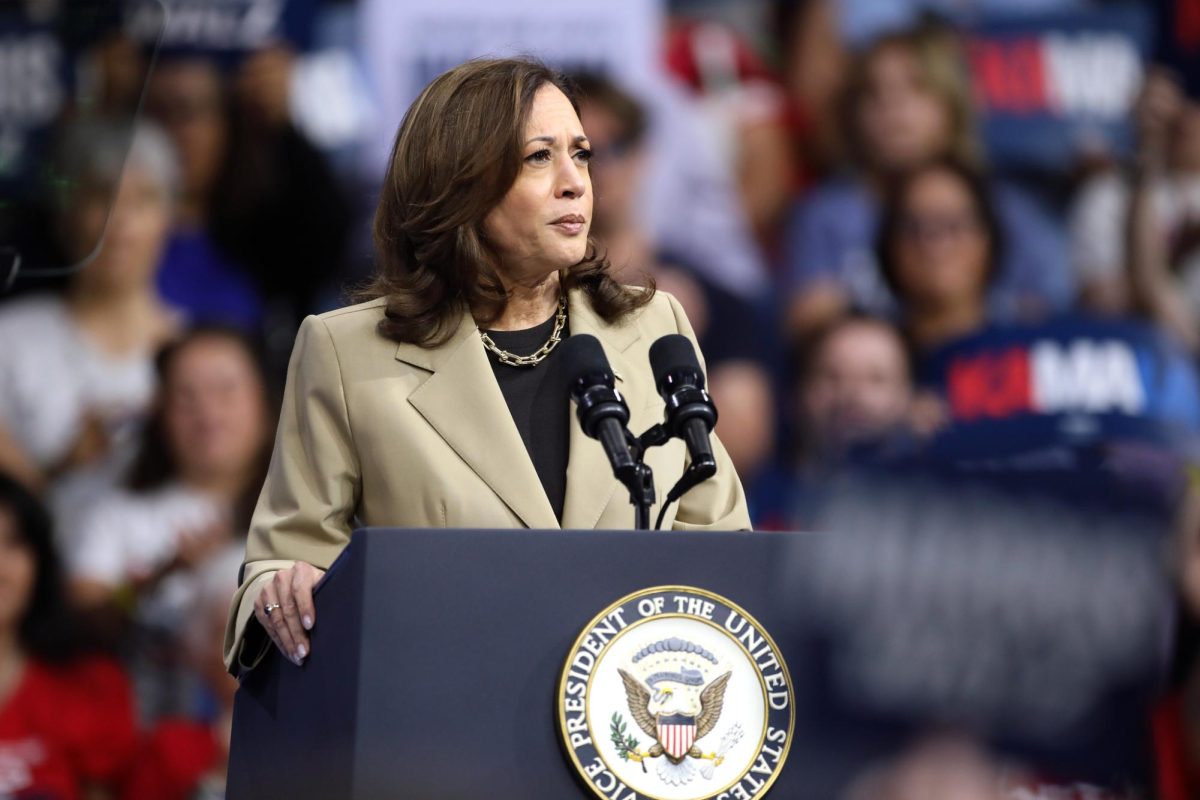Walking across the quad during lunch, students and teachers alike share no surprise when they see people on their cell phones. Students on their phones know fully well that they are violating the school’s cell phone policy, but they continue to text in the hallway.
This policy, as defined in the school’s parent/student handbook, requires phones to be “turned off, not used, and out of sight during the school day (7 a.m. – 3:30 p.m.).” But students’ blatant disregard for the rule and the lack of strict enforcement highlight how unrealistic the policy is.
The school should revise its cell phone policy so that students are able to use their phones whenever they aren’t disrupting a learning environment. Now in the 21st century, it’s unfair to deny access to phones during students’ leisure time—especially with such an ineffective policy.
Use of phones in classrooms should still be banned. But during brunch, lunch, passing periods and free periods, students should be able to use their own time on their own terms—cell phone in hand or not.
Mountain View High School is heading in the right direction by stating that although students may use their phones before zero period, after seventh period and during brunch and lunch, “Cell phones must be turned off and may not be visible in classrooms, offices, library, tutorial center, gym or theatre.”
But LAHS should take it a step further by permitting cell phone use whenever students aren’t involved in an educational activity. Whether or not the school approves of cell phone use outside of class, students will continue to text and call.
Faculty members have expressed concern over the policy as well. Many staff members agree that cell phone use during breaks will continue regardless of teacher enforcement.
Out of 50 staff members who responded to an online voluntary poll, 55.3 percent said they did not agree with the current cell phone policy. Three of the 50 did not comment. One staff member said teachers’ time would be “better spent helping students than enforcing the cell phone policy during brunch [and] lunch.”
The implementation of a policy that allows cell phone use during non-educational periods would encourage teachers to strictly enforce cell phone bans in the classroom. Students would have no excuse for using their phones in class when they could have used them during breaks, and teachers could enforce the now-effective policy without ambiguity. Teachers should still confiscate phones in the classroom; phones should be off and out of sight during educational periods.
But the administration should realize that it’s important for students to stay connected in a growing technological world. Daily cell phone use is commonplace for both adults and teens, and with appropriate cell phone use now, students are prepared for a fluid transition out of high school.








Michael Yen | Nov 18, 2010 at 9:48 pm
Students should be allowed to use cell phones/iPods during brunch and lunch because it is our free time and does not disrupt learning. People already use them sneakily without the knowledge of teachers. Because of the way people can hide the use of electronics, and how frequently they do, the rule forbidding their usage should be removed.